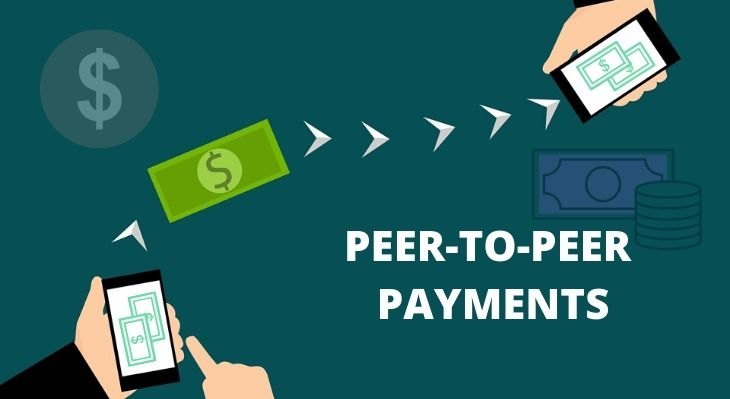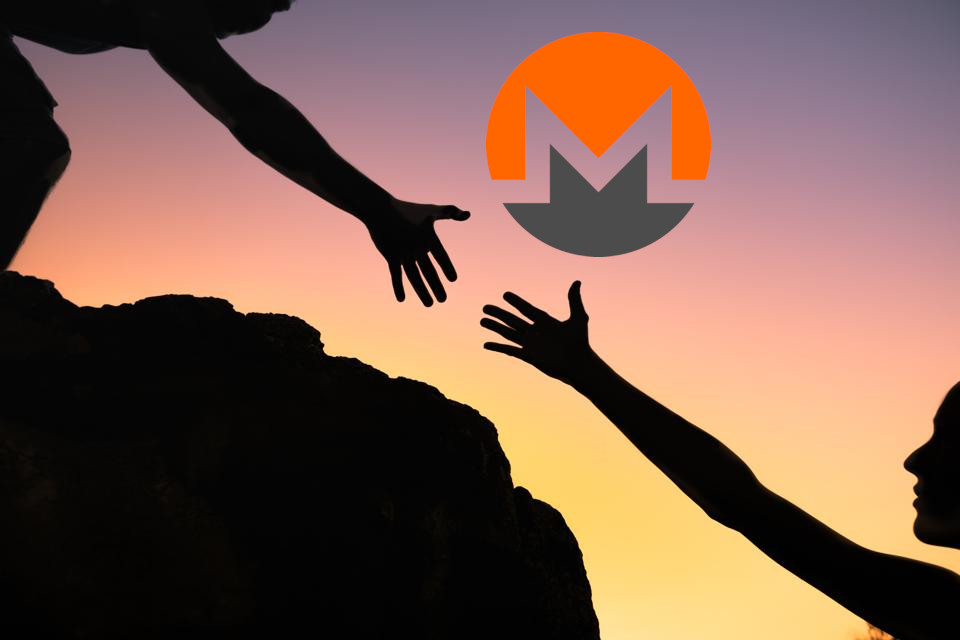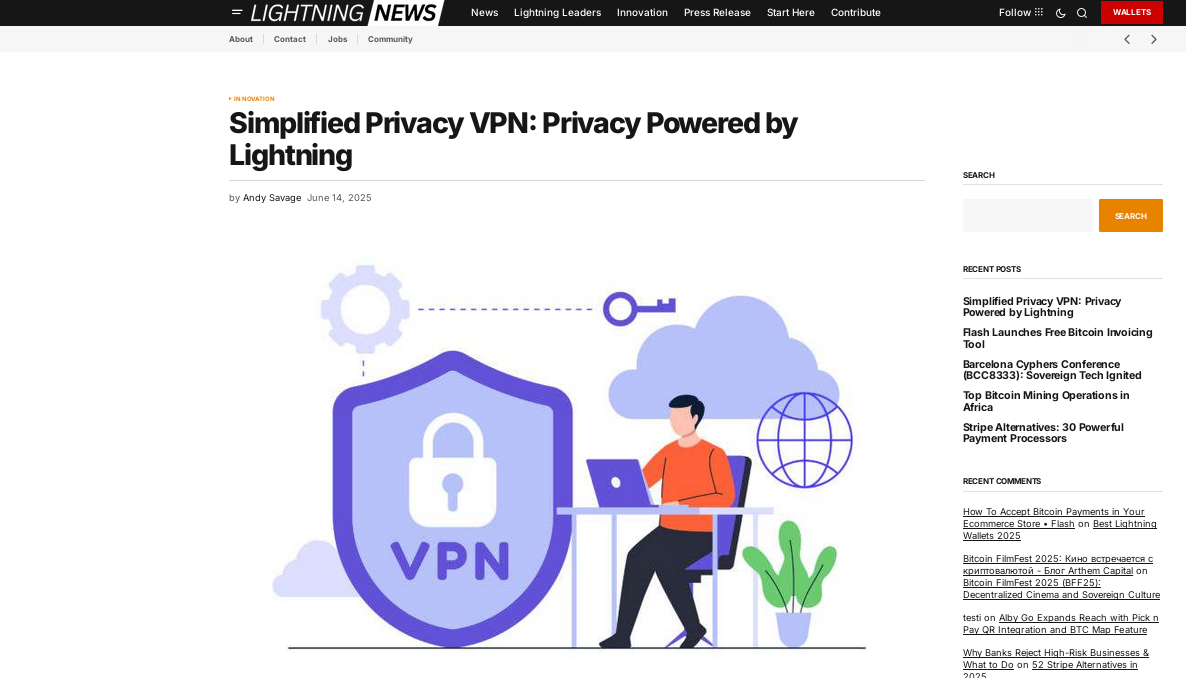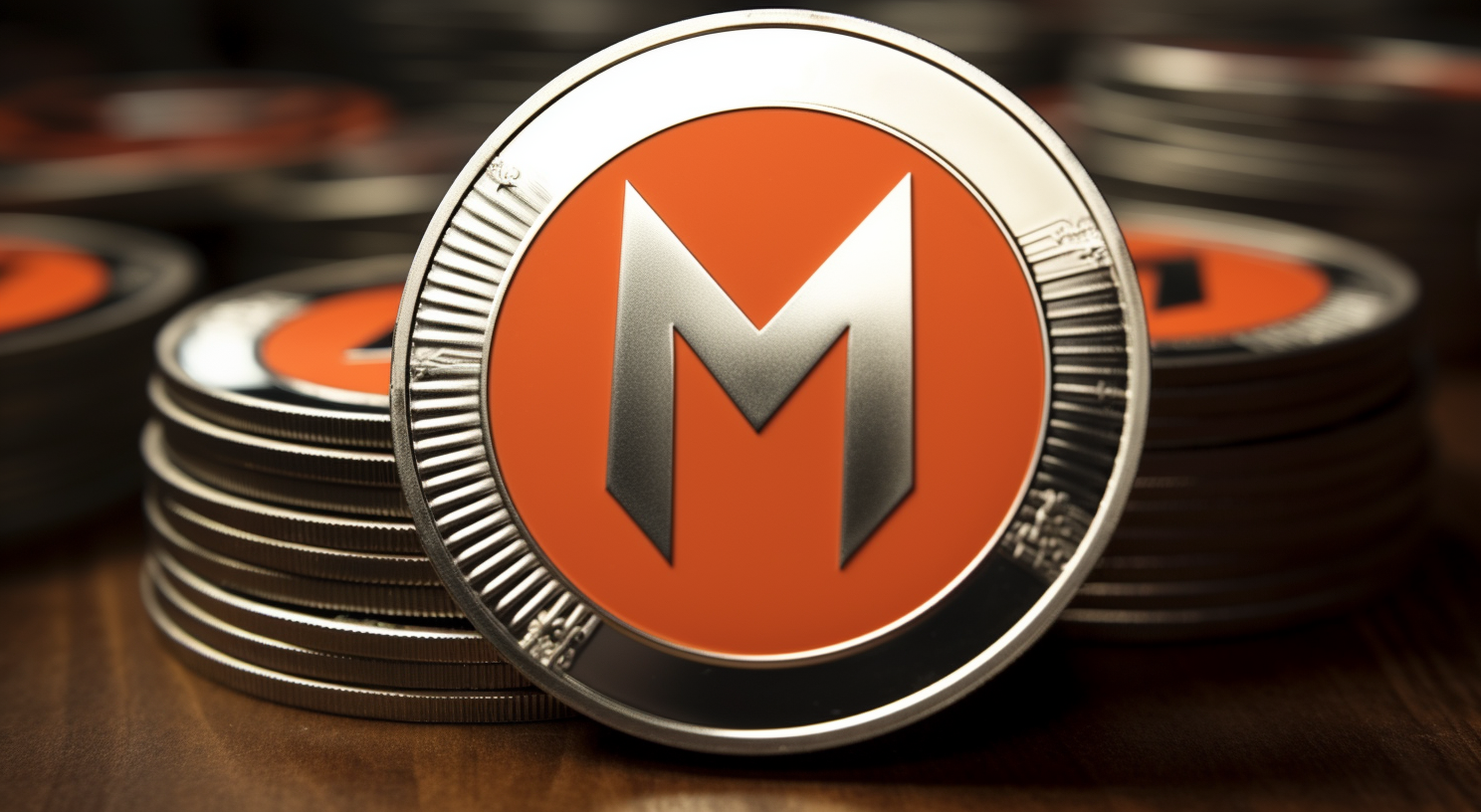Tips to Avoid Getting Flagged with P2P Monero
Legally avoid problems with your financial institutions

Legal Disclaimer:
This is a fictional story for residents of Cambodia. We do not promote illegal activity. Please consult a lawyer in your country before doing anything, as our organization can not be held responsible. We are in full compliance.
Peer-to-peer
Legal
It is legal in most western democracies to trade cryptocurrency peer-to-peer, for personal liquidity. Despite it’s legal status, many banks and payment vendors are interested in preventing you from exiting their corrupt system.
Flagged
It is very unlikely that the bank or payment gateway will outright steal funds. However, they could freeze your account. Or it could be obvious you’re buying cryptocurrency and not sending money to a random person. In this second case only your privacy might be hurt.
Risk Score
Financial institutions assign an “AML” or risk score to these events, and that’s what ultimately determines if you get flagged.
This applies to:
-Haveno
-Bisq
-Robosats
Here’s how to avoid this:
One-Way
The first point is you want to avoid vendors that do both ways. So avoid people who both buy AND sell. In other words, look for a one-directional vendor. Because this means they are doing less volume, and it’s less likely they are doing this professionally.
Personal Liquidity
In most countries, it’s more compliant for them to be selling for personal liquidity, than it is for them to be market making. As soon as they start doing both ways, it becomes more obvious to the bank that something is up. And the two-way market makers would need a license. They can’t argue it was personal liquidity, if five minutes ago they took the other side of the trade.
SMS Tips
Avoid SMS Resellers
One tip to avoid getting flagged for bank payments, is to avoid websites that RESELL burner SMS numbers. What happens here is that you buy an SMS confirmation, and they go and resell that number for other services, with other people’s names on those other services. This becomes a huge red flag when combined with you sending money to someone on the other side of the country.
Transfer VoIP
For your own privacy, avoid using numbers directly from cell towers, because this is 24/7 location tracking. But instead of using SMS resellers, buy a real phone number, and then transfer it to a VoIP provider. This prevents the financial institution from knowing it’s VoIP.
Overseas YubiKey
Some banks will allow you to keep your account open, when you travel to another country. To do this, they allow the use of Yubikey authorization, instead of SMS. This is great, because then you only have to buy a Yubikey once, and avoid paying a monthly burner SMS VoIP line.
Note: It is legal to do this trick, as long as you are THINKING about traveling. So prehaps download some pictures and imagine.
ID with Vendors
Random peer-to-peer vendors may ask for your ID to prevent charge-back risk. This is actually a good idea for you as a buyer, and you should prefer it, over sellers who accept unverified funds.
Here’s why you should prefer giving ID:
The vendors who ask for ID rarely have customers charge-back the money. This decreases the AML and risk scores for those accounts, and so it’s MORE private for you to blend in. You should NOT think of this as a “real KYC”, but instead keeping the risk scores of everyone’s financial accounts low and in compliance.
LocalMonero vs Haveno
LocalMonero was the main market before Haveno. Under LocalMonero, nearly all vendors asked for ID, while on Haveno is may not be common yet. This is unsustainable, and I believe will become the forced default, due to charge-backs.
Paypal
Paypal’s terms of service forbids the sale of cryptocurrency, (without a license and/or permission) so the SELLER takes a huge risk by selling to you on the platform. This is because you can cry fraud, and hit the bounce back. The market tries to solve this by having people send as “friends and family” but this is not as stable as people think. Because the buyer can still reverse these. So the MAIN way the seller can protect themselves is to ask for ID.
Haveno deposit
You may be required to deposit XMR to prevent DDoS on Haveno. This is because once you buy, it locks up the seller’s XMR. So they may require a deposit to know you’re serious. You could consider Robosats to get that initial XMR.
End
Help us, help you
If you found this article of value, please consider a small donation so we can afford to pay for 6 separate servers (clearweb, tor, session bot, and 3 Yacys), as well as continuing our open source dev work.
Monero (XMR):
89gbof7fHub9dSMGVX2mGhDggU8TWXuFtGxbKefVNCpWCa377BS8uPzRr831Qd86FWRvPDTrvjkbHYZHgs5nmohRL5j1KiH
Legal Disclaimer:
This is not financial advice. We are in full compliance. Consult a lawyer to better understand your needs for your country. We are unable to help with illegal activity, and we do NOT do Bitcoin mixing. This is a fictional story for residents of Ethiopia.



